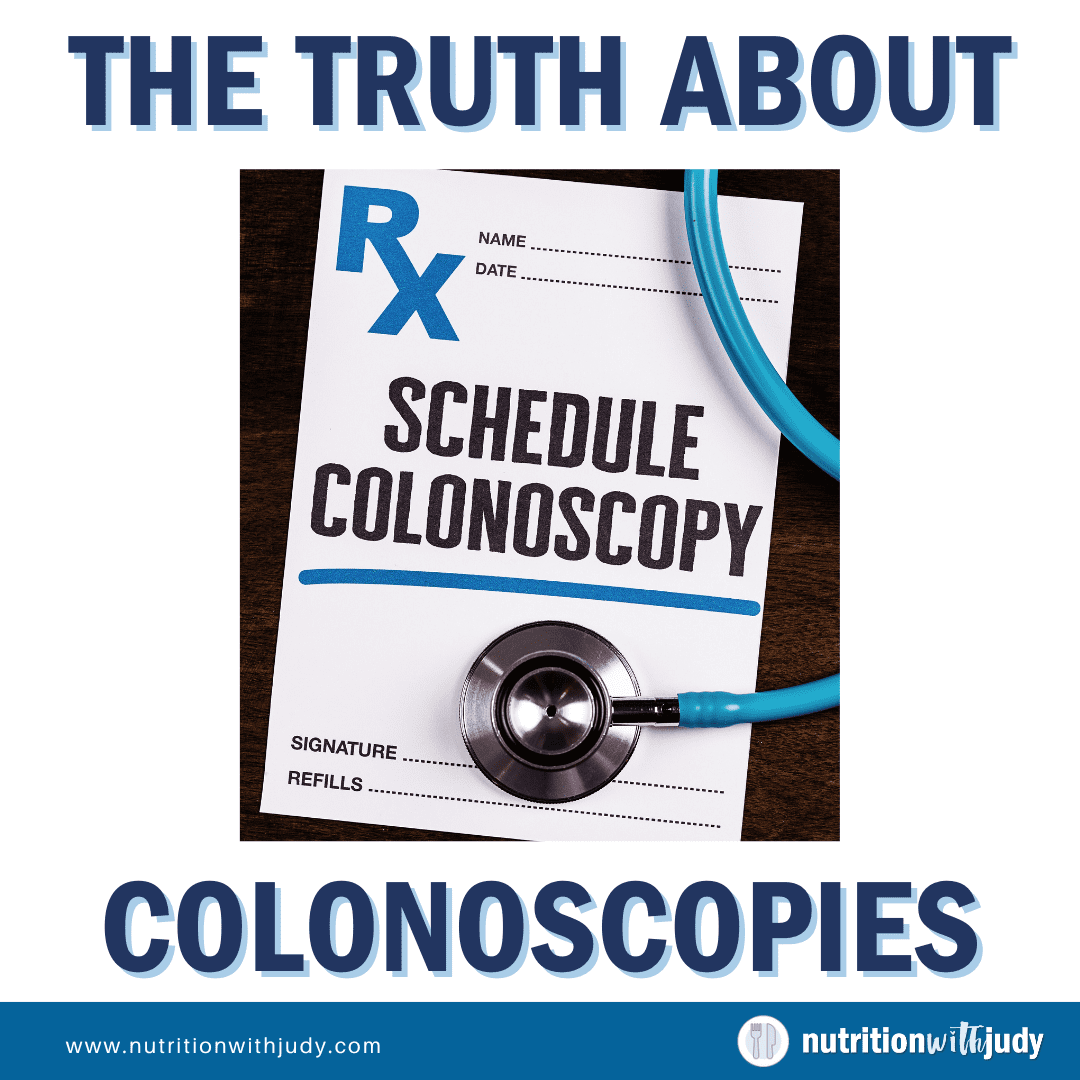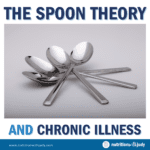

The Truth About Colonoscopies


Original Publish Date: 10/22/22
I always focus on gut health and many of my clients undergo colonoscopies. I only recommend colonoscopies when we find occult blood in their stool test results. After researching colonoscopies, I don’t think I’ll be recommending colonoscopies as freely. My first go-to will always be a PCR stool test.
A randomized trial study published in the New England Journal of Medicine found the benefits of colonoscopies were not as great as they are revered.
The study included 85,585 adults between the ages of 55 and 64. None of the participants had ever had a colonoscopy. After ten years, participants invited to get colonoscopies had an 18% lower risk of colorectal cancer than the unscreened group. However, there was no statistically significant reduction in the risk of death from colorectal cancer in the participant group invited for screening.
“The risk of death from any cause was 11.03% in the invited group and 11.04% in the usual-care group.” (Source)
Samir Gupta, a gastroenterologist at UCSD, says, “This…study…[is] the first randomized trial showing outcomes of exposing people to colonoscopy screening versus no colonoscopy. And I think we were all expecting colonoscopy to do better.” He explained that the study does not invalidate colonoscopies as a useful screening tool, but it may be time to reevaluate colonoscopies as the gold standard of colon cancer screens. (Source)
“This study provides clear data,” he said, “that it’s not as simple as saying, ‘Colonoscopy is the most sensitive test, and therefore it is the best.’” (Source)
Previous studies have shown colonoscopies to be 70-90% efficacious in reducing colon cancer. The new study in the New England Journal of Medicine doesn’t share the same benefits. (Source)
Understanding the Research Behind Colonoscopies
Nearly 15 million colonoscopies are performed yearly in the US. Yet colonoscopies come with risks. According to a report called, “Complications of Colonoscopy in an Integrated Health Care Delivery System,” an estimated 70,000 may be injured or killed by colonoscopy-related complications.
The total number of deaths from colon cancer annually is less than 70,000. Despite the millions of colonoscopies performed between 2000 and 2007, colorectal cancer in the U.S. increased by more than 30,000 more cases. (Source)
Per the Complications of Colonoscopy report, more polyps are missed than found, and 100% of all polyps are missed in the ascending (right) colon. There are also radiation considerations from doing colonoscopies every 5 years, and there are many more complications discussed in the report.
As I started doing more research, I found even more unsettling studies:
- A Telemark Polyp Study demonstrated a 157% increase in mortality with colonoscopy-screened vs. unscreened patients. The decrease in the incidence of colorectal cancers was only 2%. (Source)
- An 18-year-long Minnesota Colon Cancer Study, which included 46,000 patients between the ages of 50 and 80, demonstrated only a 0.6% reduction in the incidence of colorectal cancer. (Source)
- There are risks of internal bleeding with polyp removals (polypectomy), including internal bleeding, which can lead to cardiovascular events. Many polyps are also benign, making the risk vs. reward even more critical to consider. (Source)
Many of my clients share how much they hate the prep before colonoscopies. Per their gastroenterologist, some of my clients undergo colonoscopies almost annually because they suffer from chronic gut issues.
What to Consider for Colonoscopies
In 2019, the BMJ published clinical guidelines for colorectal cancer screening using a fecal immunochemical fit test (FIT). The guidelines recommended a FIT test performed every year or every other year, depending on the level of risk.
You can do a FIT test from the comfort of your home for $49.
When the Carnivore Cure’s meat-only elimination diet with a gut healing protocol doesn’t heal a person enough, I generally recommend a PCR stool test. In other countries, these stool tests have been used as a more common screening tool than a colonoscopy.
Diet is one of the largest contributing factors to colorectal cancer. (Source) Obesity also increases colorectal risk by 19%. If you have struggled with gut issues, consider sticking to a meat-only diet to reduce inflammation in the gut (and the body). Additionally, spend a few hundred dollars on a stool test that shares much more about the overall health of your gut than solely relying on a colonoscopy.
If occult blood is found on the FIT test or a GI Map Stool test, then further investigation is needed, but we may need to reconsider using a colonoscopy as the first line of colorectal cancer defense.
Remember, everything is a business. The colonoscopy market size was $30.57 billion in 2021, and by 2030, the market size for colonoscopies is expected to grow to $49.24 billion. (Source)
In health,
Judy



